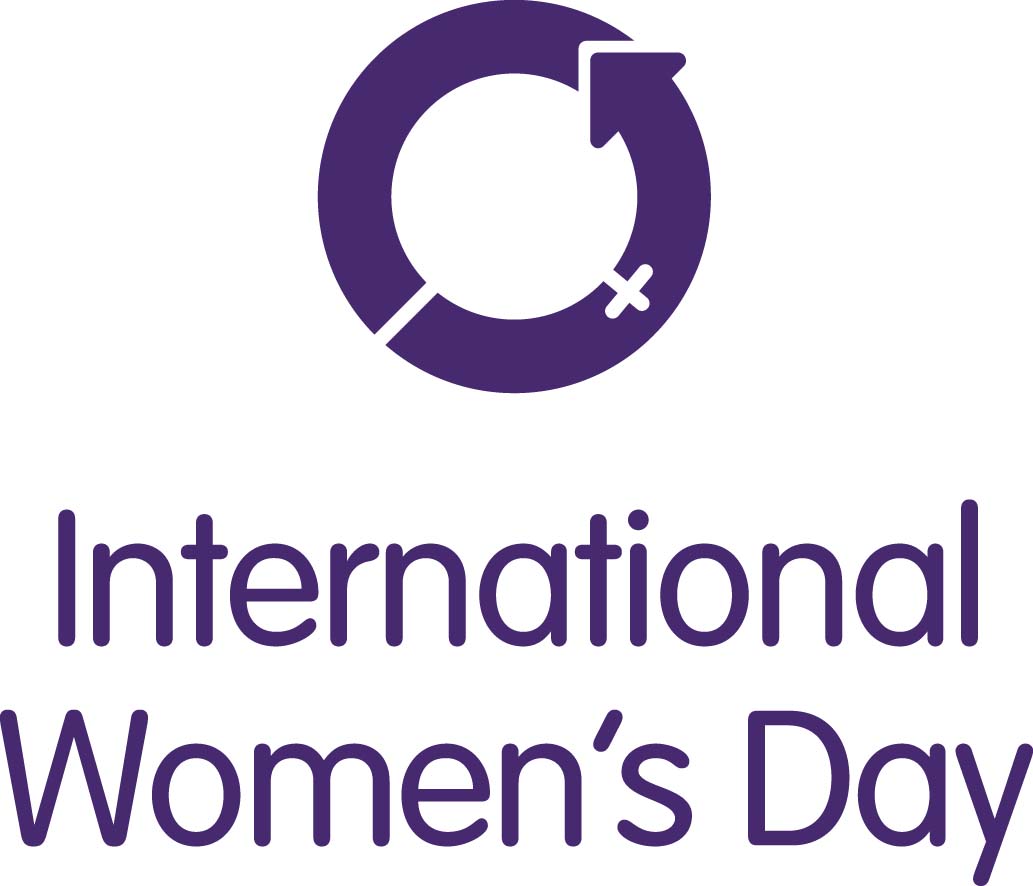Learn about Two COSAM Researchers on International Women’s Day
International Women’s Day is an annual campaign to strive for gender balance across the world. The day is celebrated on March 8 each year and this year’s campaign theme is #BalanceforBetter.
“It is a focal point in the movement for women’s rights,” the website, internationalwomensday.com, reads. “After the Socialist Party of America organized a Women's Day on February 28, 1909 in New York, the 1910 International Socialist Woman’s Conference suggested a Women’s Day be held annually. The first International Women’s Day occurred in 1911, supported by over one million people.”
Two female professors in the Auburn University College of Sciences and Mathematics (COSAM) are helping to better balance the world of STEM by conducting significant research in their prospective fields. Each have recently been awarded Faculty Early Career Development Program (CAREER) Grants from the National Science Foundation.
Dr. Monika Raj, an assistant professor in the Chemistry and Biochemistry Department, was the recipient of a five-year, $650,000 NSF grant to study Secondary Amine Selective Petasis; and Dr. Rita Graze, an assistant professor in the Biological Sciences Department, is the recipient of a five-year, $1,092,468 NSF grant to study mechanisms that shape variation in how males and females differ in their gene expression.
Dr. Monika Raj
Dr. Monika Raj’s research focuses on proteins which cause diseases in the body such as cancer and diabetes.
“What we want to do is develop a method by which we can study these proteins and we can figure out why these proteins, when they interact, lead to disease,” Dr. Raj said. “If we know why that happens, we can find out the cure for that.”
Dr. Raj plans to develop organic methods by which to selectively dye such proteins in which to visualize how the proteins interact. The motivation for her research came while working with a group to develop inhibitors for specific proteins and found that what they already knew wasn’t enough.
“We know that these proteins lead to these diseases and we develop inhibitors to stop them and drugs for them, but there are a lot of other proteins which no one has ever explored,” Dr. Raj said. “I would say 90 percent of proteins are still not explored.”
A portion of Dr. Raj’s funding will also be used to encourage minorities, especially women, to pursue careers in science. One way she plans to pursue this goal is to become more involved with COSAM’s Summer Science Institute (SSI), a week-long summer science program for rising 11th and 12th grade students. She was involved with the program last summer and plans to work to get more students interested by getting them involved in fun science experiments and incorporating female professors into the program.
Dr. Raj added that she believes the summer program is a great way to get young students, especially women, interested in science.
“One of my main goals with this NSF funding is that I want to encourage women to be part of science,” Dr. Raj said. “I think that will happen only if they see that it’s really interesting and if they get the support and can look at other faculty members and realize they can be faculty, too. If you tell them that this is possible, they can dream about a career in science and know early on that they have that support.”
Dr. Rita Graze
The NSF funding awarded to Dr. Rita Graze will allow her lab to focus on further understanding the differences in sex dimorphism, which is the different appearances between males and females of the same species, in regard to broad factors such as aging and disease risk.
The research in her lab will take advantage of features of the Drosophila model system to understand the role of hormone signaling in intralocus sexual conflict and the genetical control of sexual dimorphism.
“Sex dimorphism is ubiquitous in nature, and is important both from the perspective of basic biology and evolution, but also for biomedical science,” Dr. Graze said. “Fundamental differences between males and females generate widespread genetic conflicts and shape evolutionary processes. The evolution of differences between males and females in how genes are expressed is thought to be one of the major ways that genetic conflicts between the sexes can be reduced or resolved.”
She added that these differences are of critical importance because there are many sexually dimorphic diseases.
“My research uses a model system, the fruit fly, to study the contribution of molecular pathways and processes that are present in both fruit flies and humans to help us better understand how an individual’s sex shapes gene expression, how these differences vary and evolve, and their importance for resolving genetic conflict,” Dr. Graze said.
Dr. Graze will also perform outreach through the Summer Science Institute (SSI) and undergraduate students in COSAM at Auburn University will have the opportunity to learn about Dr. Graze’s work through course-based research experiences.
“I will be offering these same students the opportunity to come back in future summers to participate in longer research experiences over weeks or months,” she said. “This is important because experiencing research helps students understand how science is done by being scientists. If a student sees they can be a scientist right now, it is easier for them to imagine doing science in the future.”
Latest Headlines
-
04/17/2024
-
04/12/2024
-
04/02/2024
-
04/02/2024
-
04/02/2024

